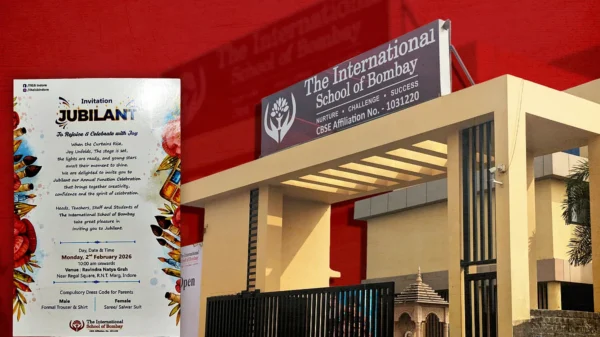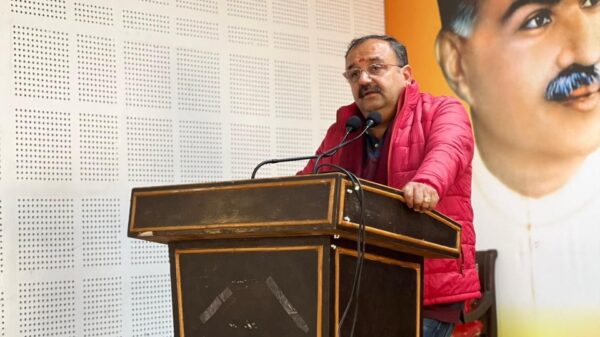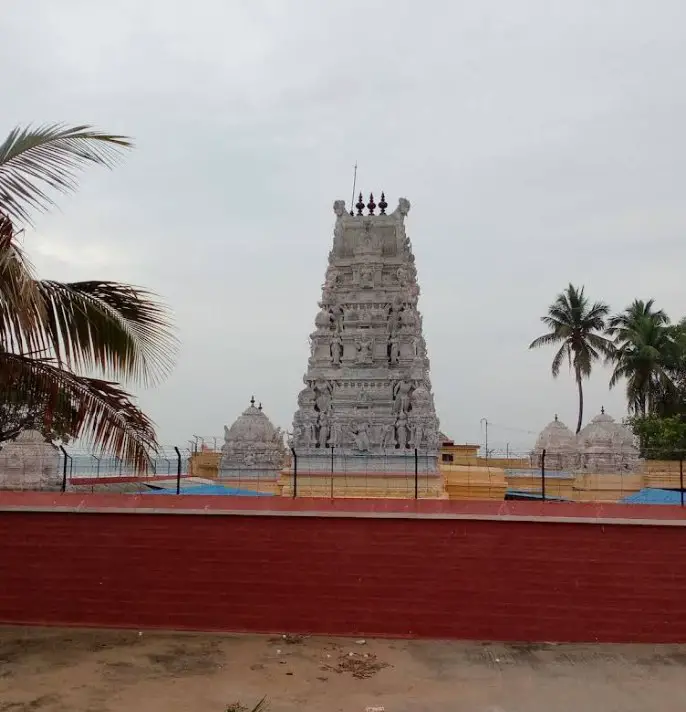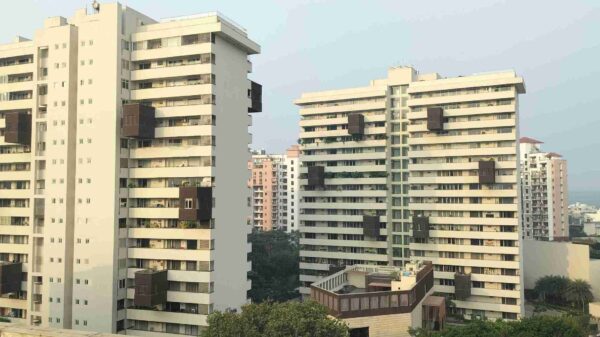Tension broke out on Thursday at the Chinnadharapuram Mariamman Temple in Karur, Tamil Nadu, after a group of people from dominant castes protested a government banner that declared the temple open to all, including Dalits. The banner was put up by the Hindu Religious and Charitable Endowments (HR&CE) Department, which manages the temple.
The protest turned violent when some in the crowd forcibly removed the banner, resulting in a scuffle that left four people injured. The injured were taken to the hospital. The unrest continued for nearly three hours before police intervened.
The Chinnadharapuram Mariamman Temple has been under HR&CE control since 1973, with regular worship by people of all castes. However, tensions between the Dalit and Vanniyar communities over temple access have existed since 2018. A legal case on the matter is still pending in court.
A few days ago, the HR&CE Department displayed a banner outside the temple that said everyone, regardless of caste, is allowed to enter and worship. It also warned that legal action would be taken against anyone who tried to stop others from participating in temple rituals. This move angered members of the Vanniyar community, who demanded that the banner be removed and that no new rules be enforced until the court delivers its verdict.
On Thursday, hundreds of Vanniyar community members gathered at the temple to protest. When the Aravakurichi police arrived and tried to talk to them, the crowd refused to back down. Talks were also held by the local Tahsildar, Mahendran, and HR&CE officials, but the protesters insisted that the banner be taken down.
Eventually, some protesters damaged the banner, prompting police to remove the crowd from the area. The protesters warned that they would intensify their agitation if officials enforced the open-access rule before the court gave its decision.
Speaking on the matter, HR&CE Assistant Commissioner M. Ramanikanthan said, “The department is acting according to the law. The temple is for everyone. No devotee can be denied entry on the basis of caste.”
































































